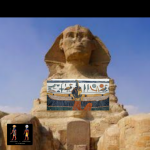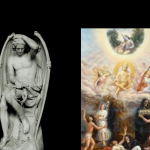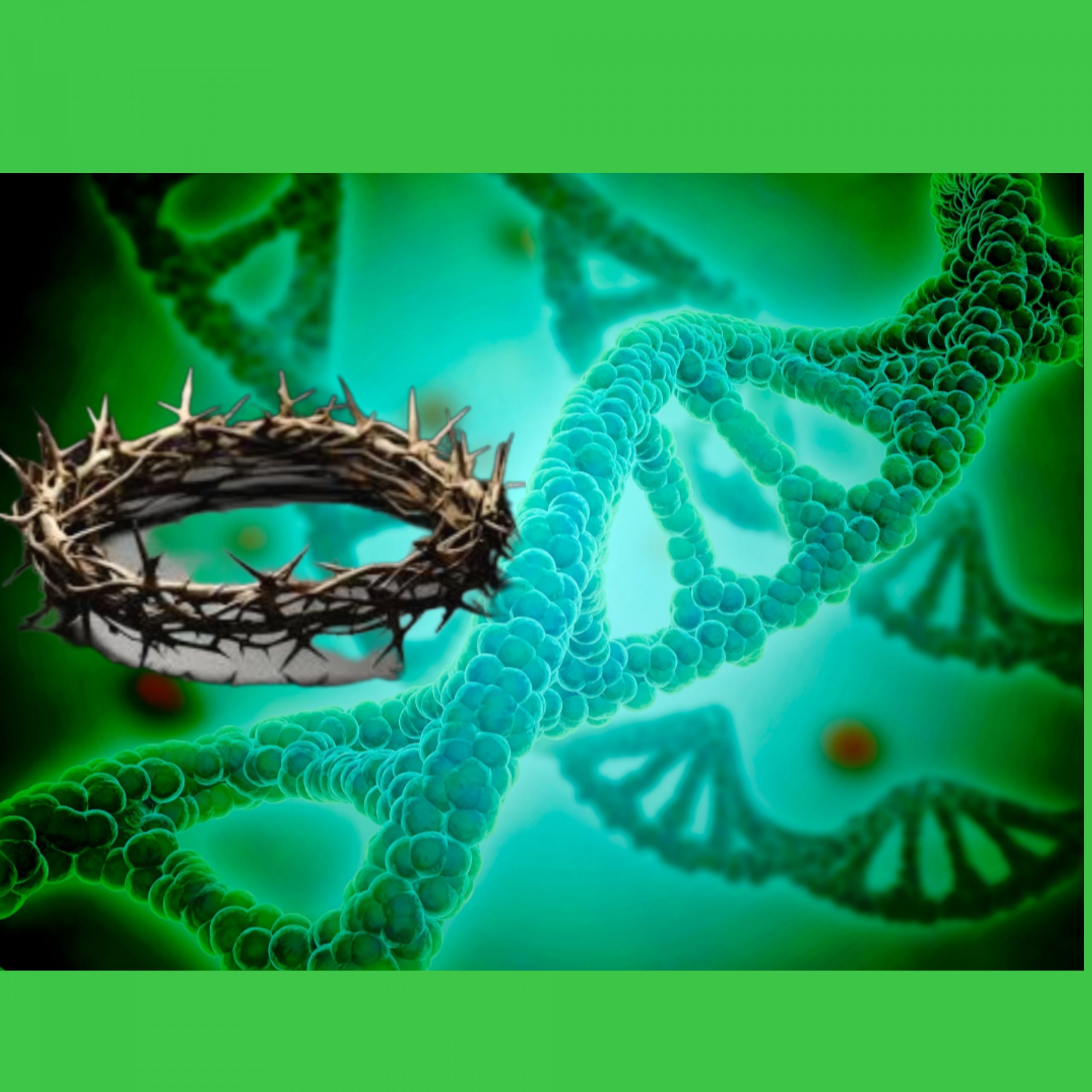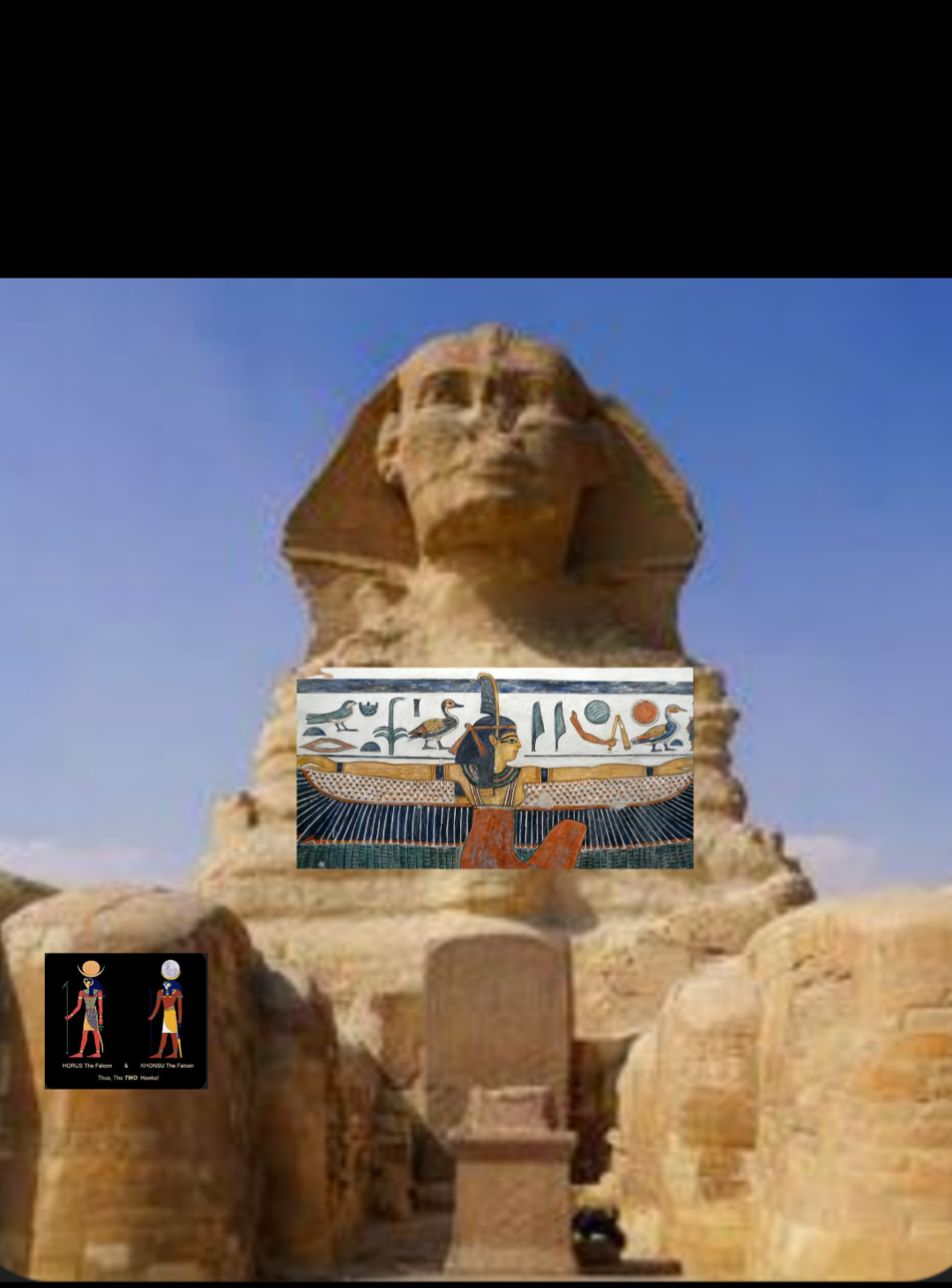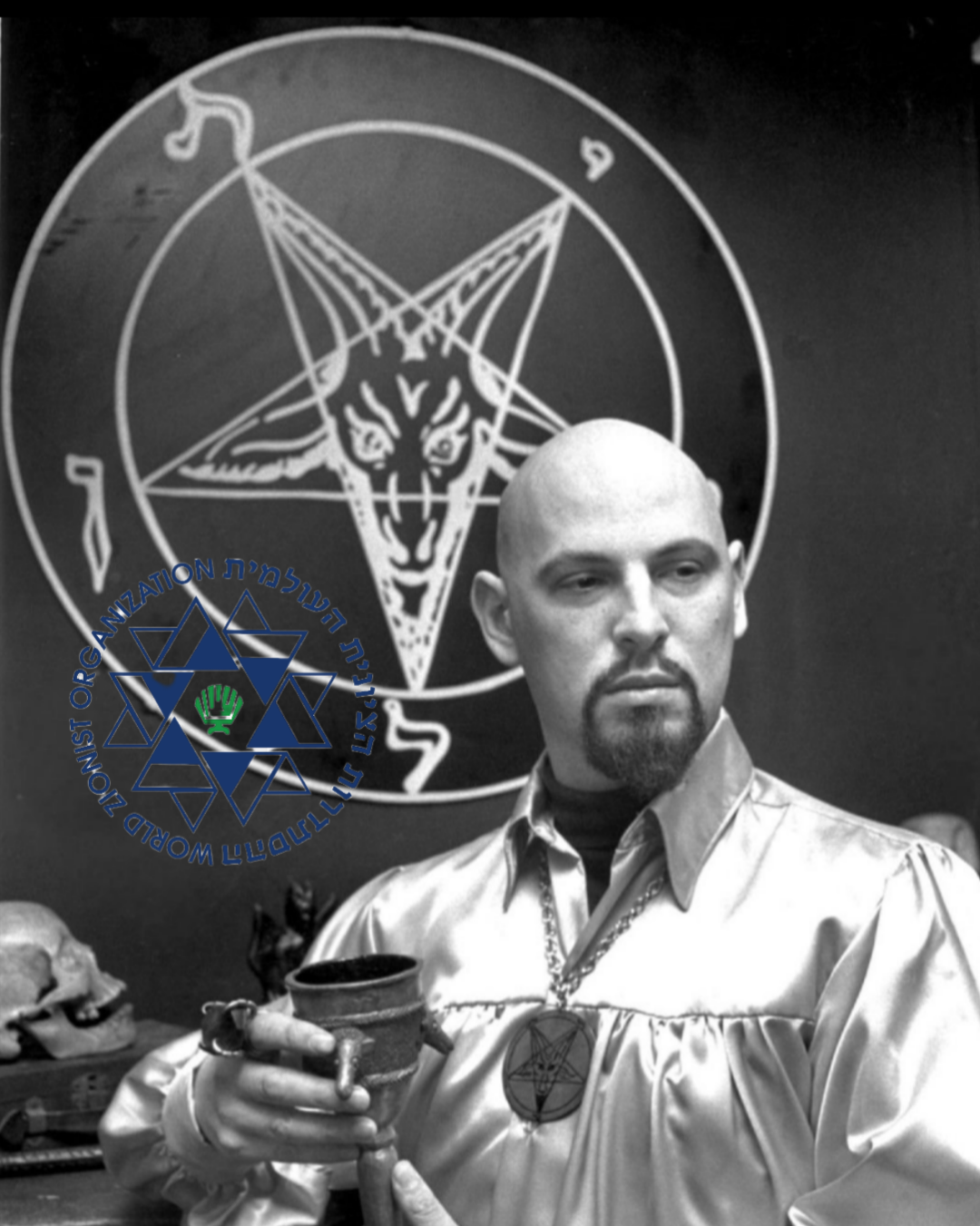Published by Anson Moore
Was Jesus Really Born of Mary’s DNA? And Was His Real Name Yeshua?
We’ve all heard the story: “The Virgin Mary gave birth to Jesus.” But if you slow down and really think about it, a couple of questions naturally pop up. If Jesus carried Mary’s DNA, does that mean her own birth had to be miraculous too? And while we’re on it—was His real name even “Jesus,” or was it actually “Yeshua”?
Let’s unpack this in a way that’s both historical and spiritual.
Mary’s DNA and the Humanity of Jesus
The Christian claim is simple but radical: Jesus was both fully divine and fully human. His humanity came through Mary. That means His blood, His chromosomes, His family line all trace back to her. He didn’t just “appear” out of thin air—He was truly born of a woman.
That’s why the Bible puts emphasis on His genealogy, connecting Him back to King David through Mary’s side. His DNA wasn’t random; it was rooted in the story of Israel.
But Was Mary’s Own Birth Miraculous?
Here’s where people sometimes get confused. If Mary gave birth without ever “knowing a man,” does that mean her own mother did the same?
The short answer: no. Mary herself was conceived the ordinary way, through her parents (tradition names them Joachim and Anne). The miracle wasn’t a chain that went back forever—it was unique to Jesus’ conception.
Some Christian traditions, especially Catholic, talk about the “Immaculate Conception.” But that doesn’t mean Mary’s mom was a virgin. It means that when Mary was conceived, God kept her free from the stain of sin so she could be a pure vessel for the Messiah. Normal biology—divine grace layered on top.
Yeshua, Not “Jesus”
Now let’s talk about the name. The truth is, if you walked around first-century Galilee yelling “Jesus,” nobody would’ve turned their head. That word didn’t exist yet.
His Hebrew name was Yehoshua (often shortened to Yeshua), which literally means “salvation.” When His name was translated into Greek, it became Iēsous. From Greek into Latin, it became Iesus. And when English finally developed the letter “J” around the 1500s, the name shifted to “Jesus.”
So yes—His friends and family would have called Him Yeshua. But whether you say Yeshua, Iēsous, or Jesus, you’re still talking about the same person.
Faith Meets History
Why does this matter? Because it shows that faith isn’t about shutting your brain off. It’s about looking at the details—the history, the language, even the DNA—and realizing the story still holds up.
The virgin birth wasn’t a myth copied from somewhere else. It was a one-time miracle that bridged heaven and earth. And the name that has echoed for centuries, whether you pronounce it Yeshua or Jesus, still carries the same weight: salvation.
Final Thoughts
So no, Mary’s mother wasn’t a virgin. Mary’s birth was normal, but her calling was extraordinary. And the child she carried—Yeshua, Jesus—was both man and God, with her DNA woven into His humanity.
The deeper you dig, the more the story opens your mind.
That’s the beauty of it.


